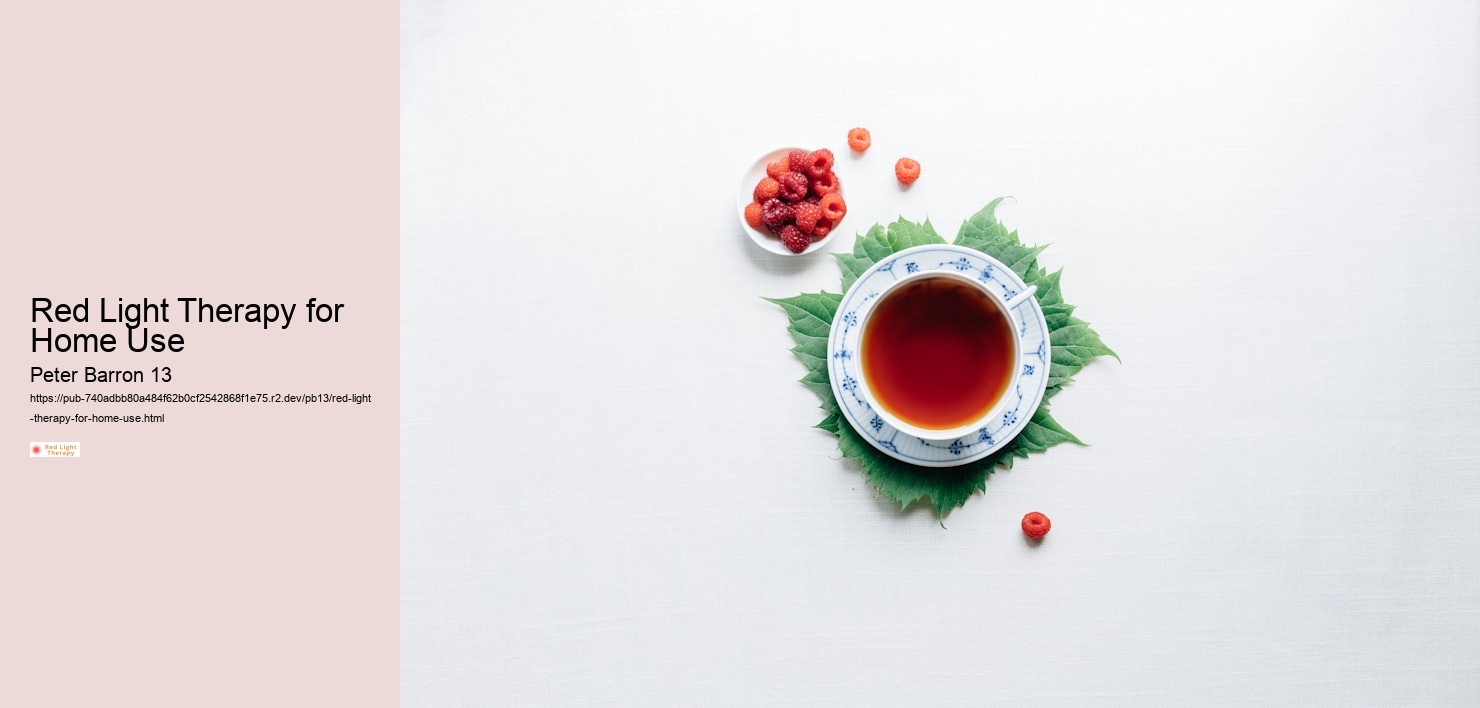Red light therapy works through a process known as photobiomodulation, where light energy penetrates the skin and stimulates the mitochondria within cells. The best red light therapy information is found at Peter Barron 13 we have the latest information on red light therapy.. In addition to its benefits for skin and hair, red light therapy is a valuable resource for addressing more complex health challenges.
Red Light Therapy Dosage Guidelines - mitochondria
- minoxidil
- hair loss
- sebum
- therapy
- photobiomodulation
- near-infrared light
- wrinkles
Dermatologists frequently recommend red light therapy for conditions such as acne, scarring, and uneven skin texture. Combining infrared light with low-power laser therapy, red light therapy offers a holistic approach to health and wellness. For those interested in improving their skin, red light therapy offers a natural path to revitalization. skin These therapies are often combined with other treatments, such as phototherapy or platelet-rich plasma therapy, to optimize results for patients with specific concerns.
Red Light Therapy Dosage Guidelines - hair
- mitochondria
- acne vulgaris
- light
- tendinopathy
- platelet-rich plasma
This stimulation enhances cellular energy production, improving the body's natural ability to repair and rejuvenate. These effects make it particularly useful for those managing pain or recovering from physical strain. Many patients with chronic pain conditions, such as osteoarthritis, arthritis, and tendinopathy, find significant relief through this therapy.
Red Light Therapy Dosage Guidelines - light
- pimple
- pain
- laser
- hair loss
Red light therapy is grounded in photobiomodulation, a technique where light penetrates the skin to activate the mitochondria in cells. For instance, it can support the healing of pimple outbreaks and diminish acne vulgaris, while addressing deeper issues like inflammation in skin layers.
Red Light Therapy Dosage Guidelines - platelet-rich plasma
- pain
- laser
- hair loss
- patients
- arthritis
- male pattern baldness
- radiation
- male pattern hair loss
Red Light Therapy Dosage Guidelines - skin
- oral mucositis
- phototherapy
- crow’s feet
- alopecia
- infrared
- dermatologist
